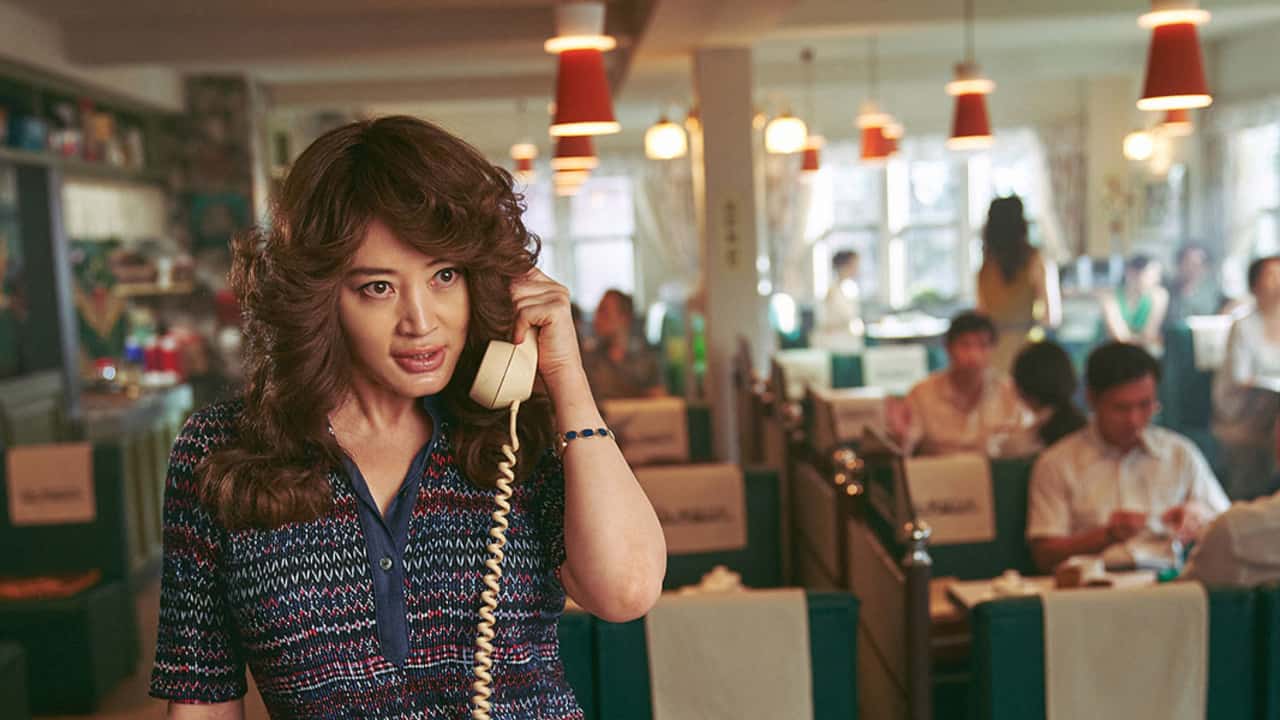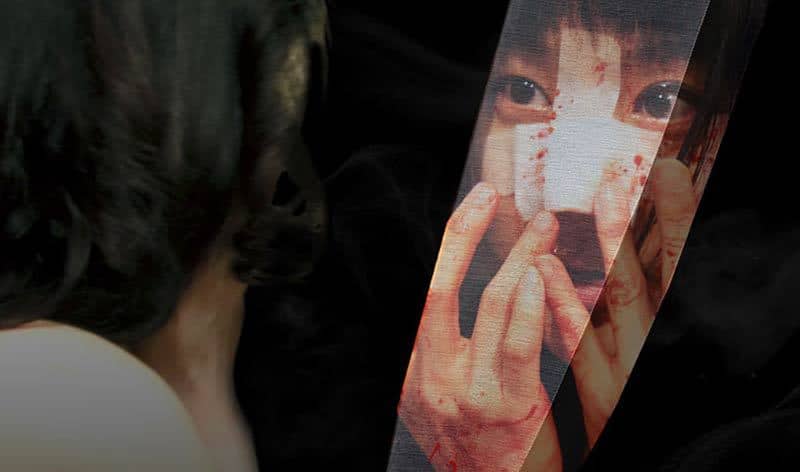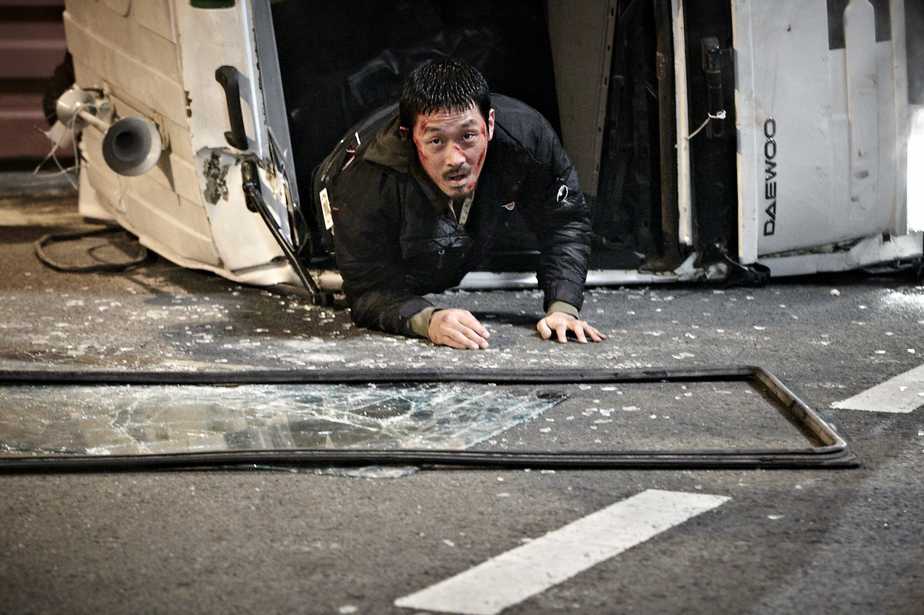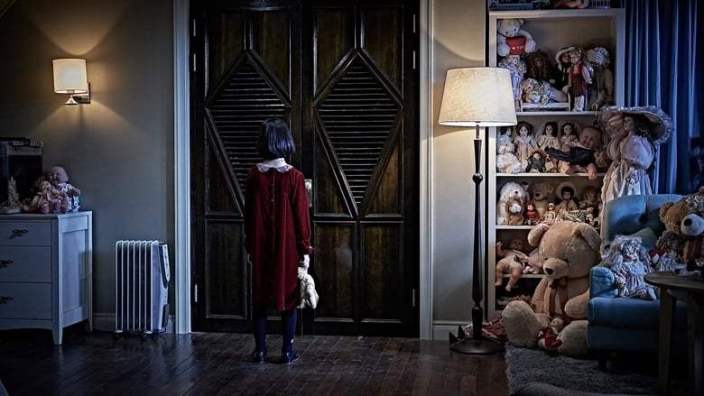The debut feature by photographer Hong Jin-hwon, “Melting Icecream” feels more like it should be viewed in an art gallery than a cinema; abstract in its storytelling, with no clear, linear structure. Reflective of the period it covers, it is chaotic and thought-provoking, though at times this story of lost photographs lacks a little focus.
Melting Icecream is screening at London Korean Film Festival
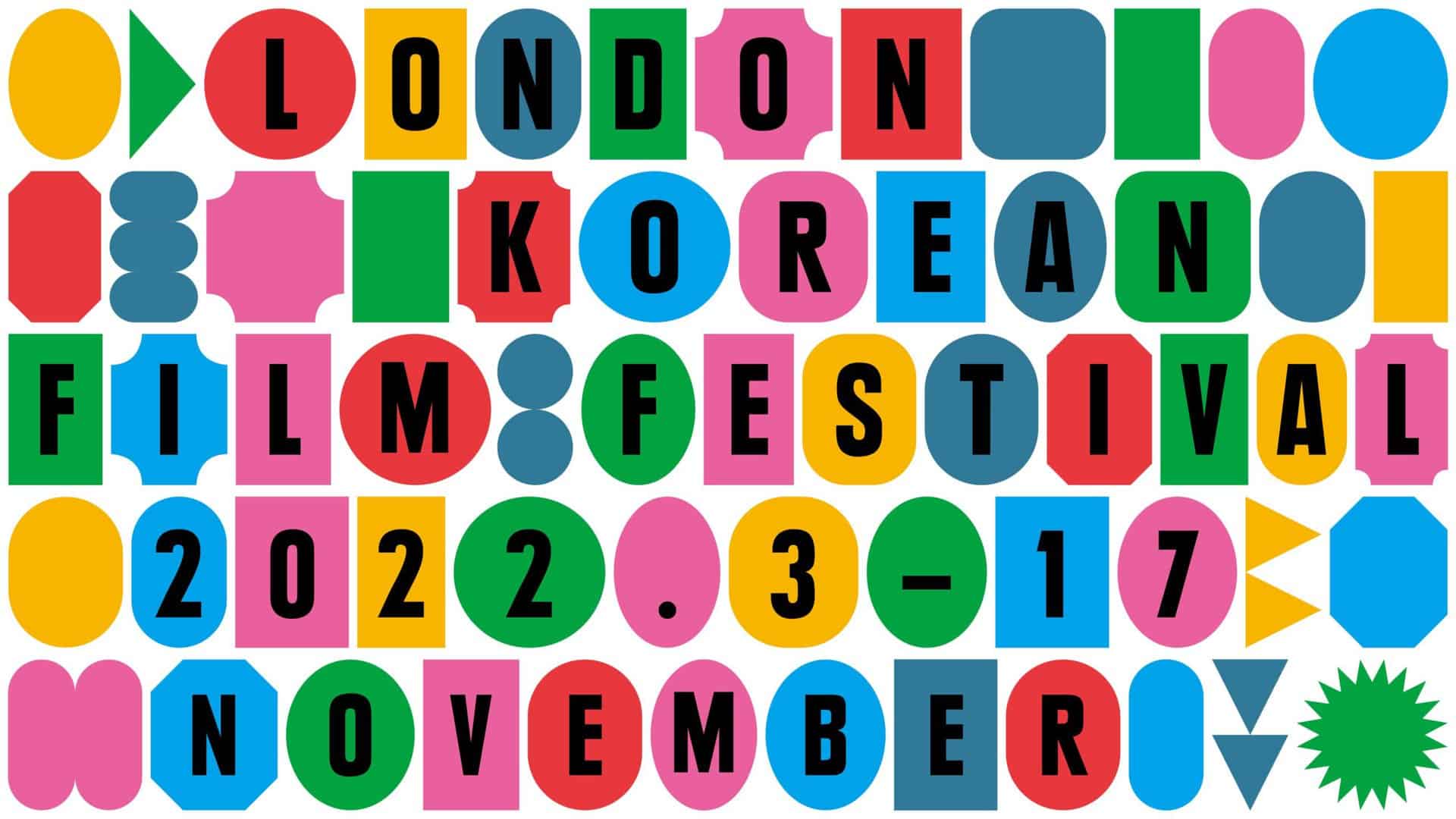
In an archive, a damaged film by the People's Camera Collective is found covering the period of political turmoil, when student protests and worker demonstrations were common in the 1980s. Not just images of the political movements, they also capture moments among the young photographer friends, and they are keen for them to be restored. Though this will be a delicate job, and some of the photos may be beyond repair.
There are four main shot types through this fractured documentary: interviews with members of the collective, reminiscing about the movement and discussing their desire for the photos to be successfully restored; docudrama-style shots of film restoration; archive footage of various protests by students and temporary contract workers; and slow panning shots of a statue that is never fully revealed.
All are in black and white and this adds to the feel of not just an arthouse film, but an art project. The pan shots by cinematographer Lee Seung-hoon are elegant and hint at a faceless leader the workers have no access to. The workers, from all quarters, are given a voice through various speeches given at rallies. These are angry, shouted pleas to give the workers the basic rights they deserve, and naturally, as delivered at protests, these can spill over into a violent response from the authorities.
While these very much convey their message, their large number in a short runtime documentary can lead to impassioned speech fatigue. These should be trimmed down, but their chaotic feel gets across the mood of the movements and the people's desire to break free of authoritarian rule, but also the problems that arose from a move into democracy. These are more effective when the speeches plays over the newly filmed shots, rather than a string of archive footage from protests.
A further problem is, while worker rights are the unifying theme, the interviews and archive footage do not necessary match in time, so no particular narrative runs through the work to form a more satisfying whole. And with so much noise, it can be tiring to keep up.
Though that may be Hong's intention. Inevitably, the uncovered missing photos will never be what they could have been. This leaves an incomplete picture, where the movement may be lost to the myths of time. And while the people and memories of that time may be gone, the anger and pain may not be.



